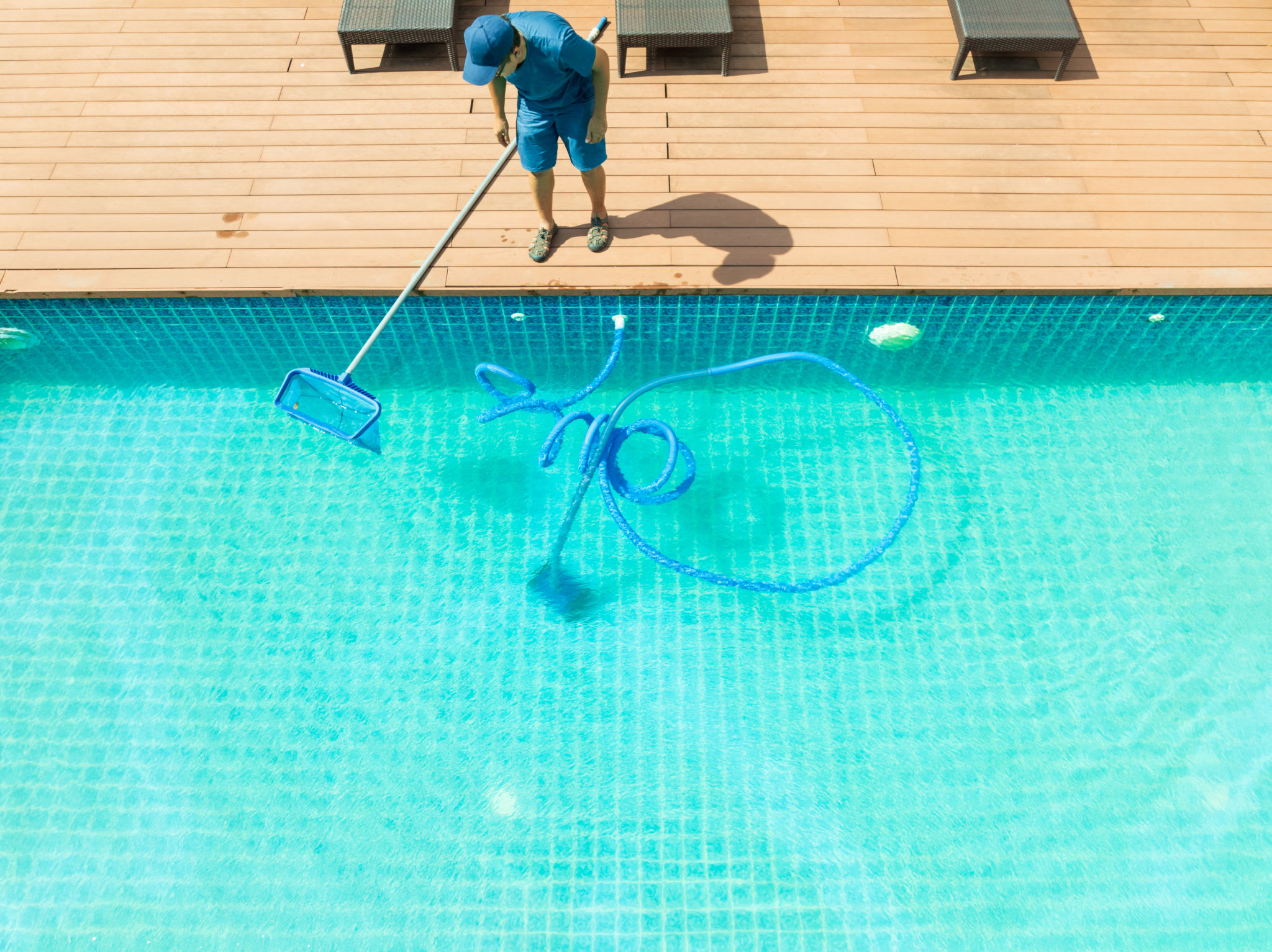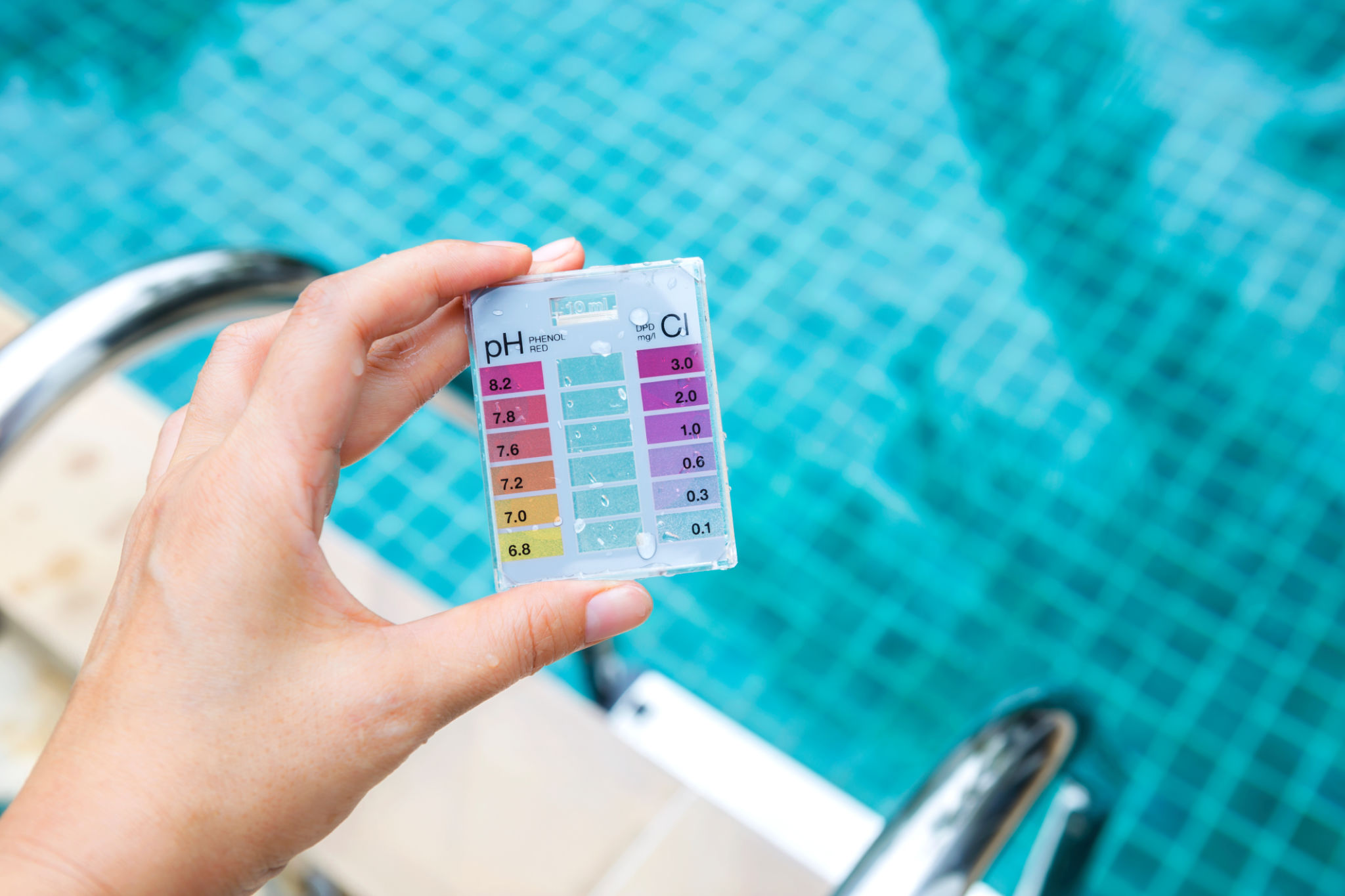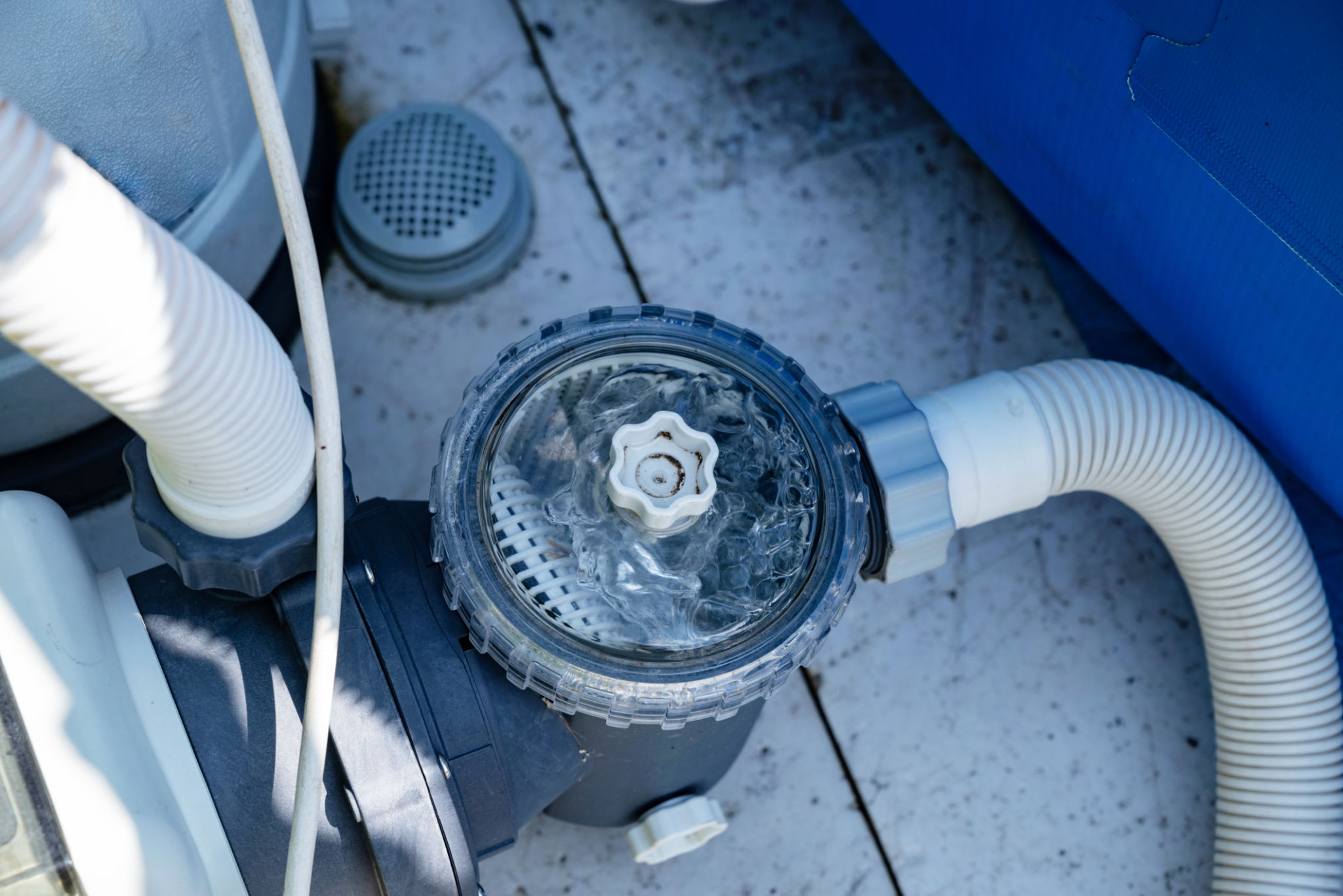The Ultimate Guide to Pool Maintenance: Keep Your Pool Sparkling Clean
Introduction to Pool Maintenance
Maintaining a pool is key to ensuring it remains a source of relaxation and enjoyment. A well-kept pool not only looks inviting but also ensures the health and safety of swimmers. This guide will walk you through the essentials of keeping your pool sparkling clean.

Regular Cleaning Routine
A consistent cleaning routine is essential for preventing dirt, debris, and algae buildup. It is recommended to skim the surface of your pool daily to remove leaves and other debris. Additionally, vacuuming the pool floor weekly helps in maintaining clarity and hygiene.
Don't forget to clean the pool walls and steps, as these areas can accumulate grime and algae over time. Using a pool brush can make this task easier and more efficient.
Importance of Pool Filters
The pool filter plays a crucial role in maintaining clean water by trapping dirt and impurities. Depending on your filter type—sand, cartridge, or diatomaceous earth (DE)—regular maintenance and cleaning are required. Ensure to backwash sand filters or clean cartridges as per the manufacturer's instructions.
Balancing Pool Chemistry
Proper chemical balance is fundamental to keeping your pool water safe and clear. The primary chemical levels to monitor include chlorine, pH, alkalinity, and calcium hardness. Here’s a quick checklist:
- Chlorine: Maintains sanitation by killing bacteria and algae.
- pH Levels: Should be between 7.2 and 7.8 for optimal comfort and effectiveness of chlorine.
- Alkalinity: Helps stabilize pH levels; aim for 80-120 ppm.
- Calcium Hardness: Prevents corrosion; should be between 200-400 ppm.

Shocking the Pool
Shocking, or super-chlorinating, your pool is an important step in eliminating bacteria and algae. It involves adding a large dose of chlorine to the water, ideally done every couple of weeks or after heavy use. Ensure the pool is not in use during this process until chlorine levels return to normal.
Equipment Maintenance
Your pool's equipment such as pumps, heaters, and chlorinators require regular checks to ensure they operate efficiently. Inspect these components for any signs of wear or malfunction. Regular servicing from a professional can prevent costly repairs and prolong the life of your equipment.

Winterizing Your Pool
If you live in a region with cold winters, it’s crucial to winterize your pool to protect it from damage caused by freezing temperatures. Drain the water from pumps, heaters, and pipes, and use a cover to keep out debris. Properly balancing your pool's chemistry before closing it for the season can prevent stains and algae growth.
Conclusion
By following these guidelines, you can keep your pool clean and inviting all year round. Regular maintenance not only enhances the aesthetic appeal but also ensures a safe swimming environment for everyone. Dive into a hassle-free pool experience with these simple yet effective maintenance tips!
